T4K3.news
Notting Hill Carnival shows fewer serious incidents this year
Police report fewer serious violence incidents at Notting Hill Carnival this year, with 423 arrests over two days and continued controversy over live facial recognition.
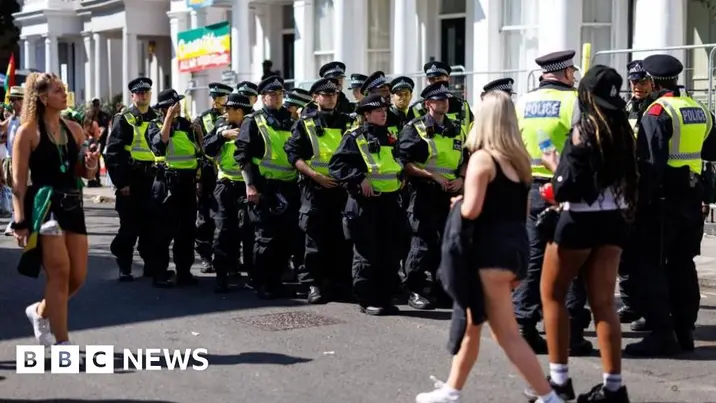
The Met reports fewer serious violence incidents at Notting Hill Carnival this year while noting arrests and controversial use of live facial recognition.
Notting Hill Carnival sees fewer serious incidents this year
The Metropolitan Police say Notting Hill Carnival recorded far fewer serious violence incidents this year. Over two days, 423 arrests were made, with 223 on the adult parade day and 200 on the Sunday. There were two stabbings, but the force said neither caused serious injuries. Officers credit measures such as live facial recognition, metal detectors, and stop-and-search for helping to prevent serious violence seen in earlier years. The police noted that cannabis possession led the list of offences (70), followed by possession of an offensive weapon (46) and drug supply (44). There were also 18 sexual offences and five robberies. The two stabbings occurred in Powis Terrace and Oxford Gardens in Notting Hill.
The use of live facial recognition has been controversial, drawing criticism from civil liberties groups who call it mass surveillance and say it treats Carnival-goers as suspects. The Met says 52 arrests were identified through LFR, and officials argue the technology is accurate and balanced across ethnicity and gender. Critics warn that the method can erode trust and risk bias if not properly overseen.
Key Takeaways
"We proactively targeted those who have attempted to come to Carnival to cause harm to others"
Ward describes policing strategy for the event
"The Met's use of LFR technology has been controversial and described as mass surveillance"
Civil liberties groups’ critique
"LFR is accurate and balanced across ethnicity and gender"
Met's justification for using facial recognition
The numbers here show a delicate balance between crowd safety and personal rights. Technology can prevent violence, but it can also drag in innocent attendees who may be misidentified. The debate around LFR is as much about governance as it is about optics: who screens, who pays, and who is shielded from bias. The article hints at a broader question for cities hosting large, diverse crowds: can security tools coexist with robust civil liberties?
Policy implications follow. If authorities lean heavily on surveillance, they must provide strong oversight, independent review, and clear transparency about how data is used. Communities deserve ongoing dialogue about where to draw lines between protection and privacy, especially at culturally significant events that bring together many who feel vulnerable to profiling.
Highlights
- Safety and privacy must go hand in hand at public events
- Technology should protect people, not define them
- Trust is built when rights keep pace with security
- Security without consent is a hollow promise
Surveillance at carnival raises civil liberties concerns
The reintroduction of live facial recognition at a major public event has drawn criticism from civil liberties groups who warn it could erode trust and disproportionately affect people of color.
Safety and rights must grow together, not in competition.
Enjoyed this? Let your friends know!
Related News
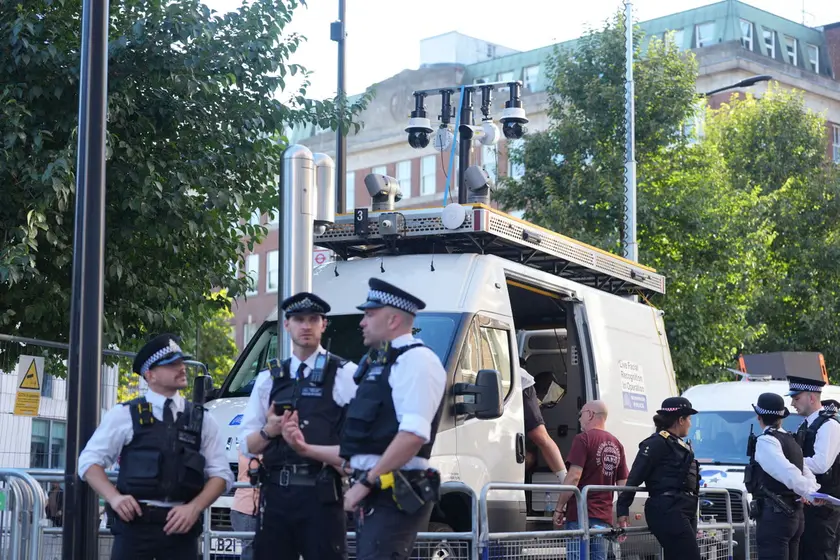
Notting Hill Carnival safety update
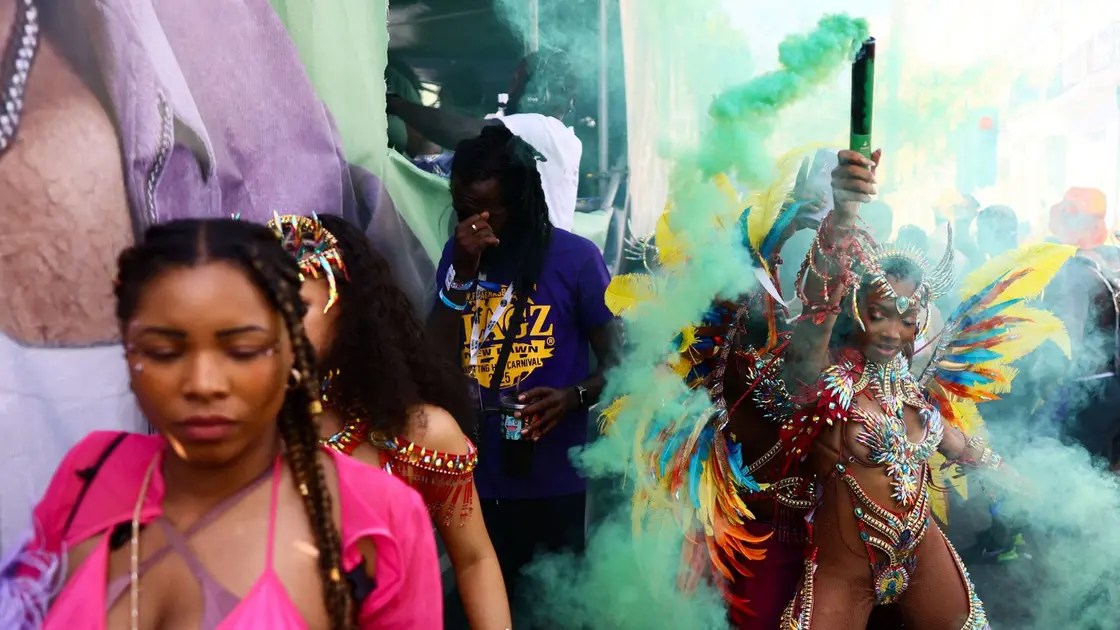
Notting Hill Carnival safety improves

Notting Hill Carnival security update
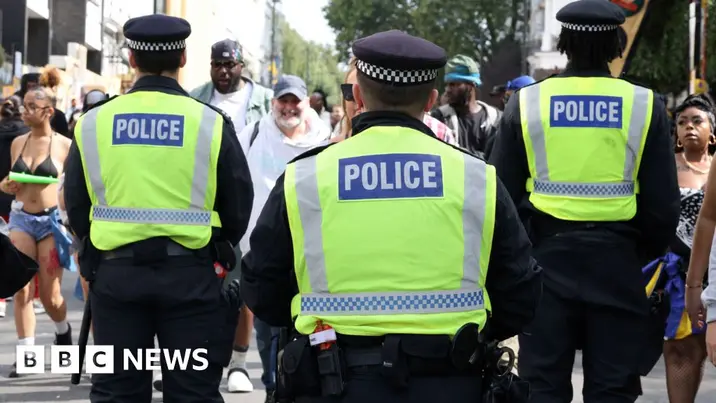
Arrests at Notting Hill Carnival

Notting Hill Carnival lights up west London
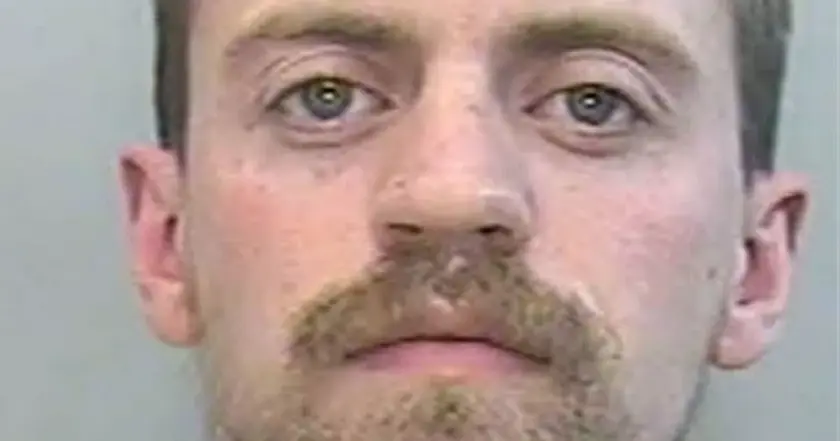
Multiple offenders sentenced at Exeter Crown Court
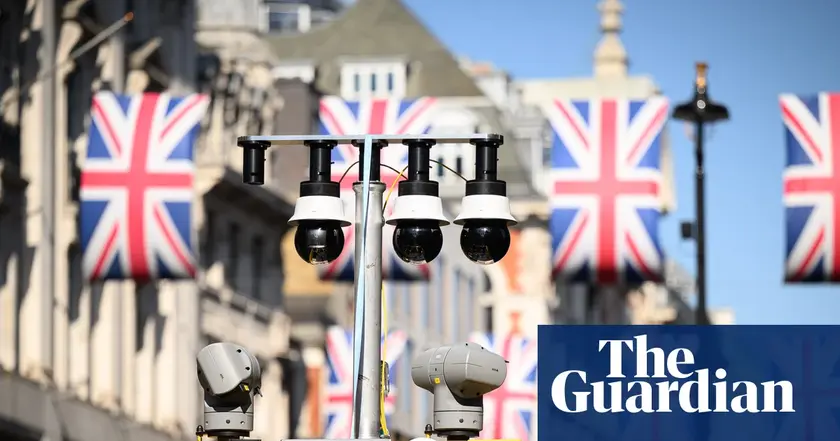
EHRC challenges Met on facial recognition at Notting Hill carnival

Wicks faces health messaging backlash
